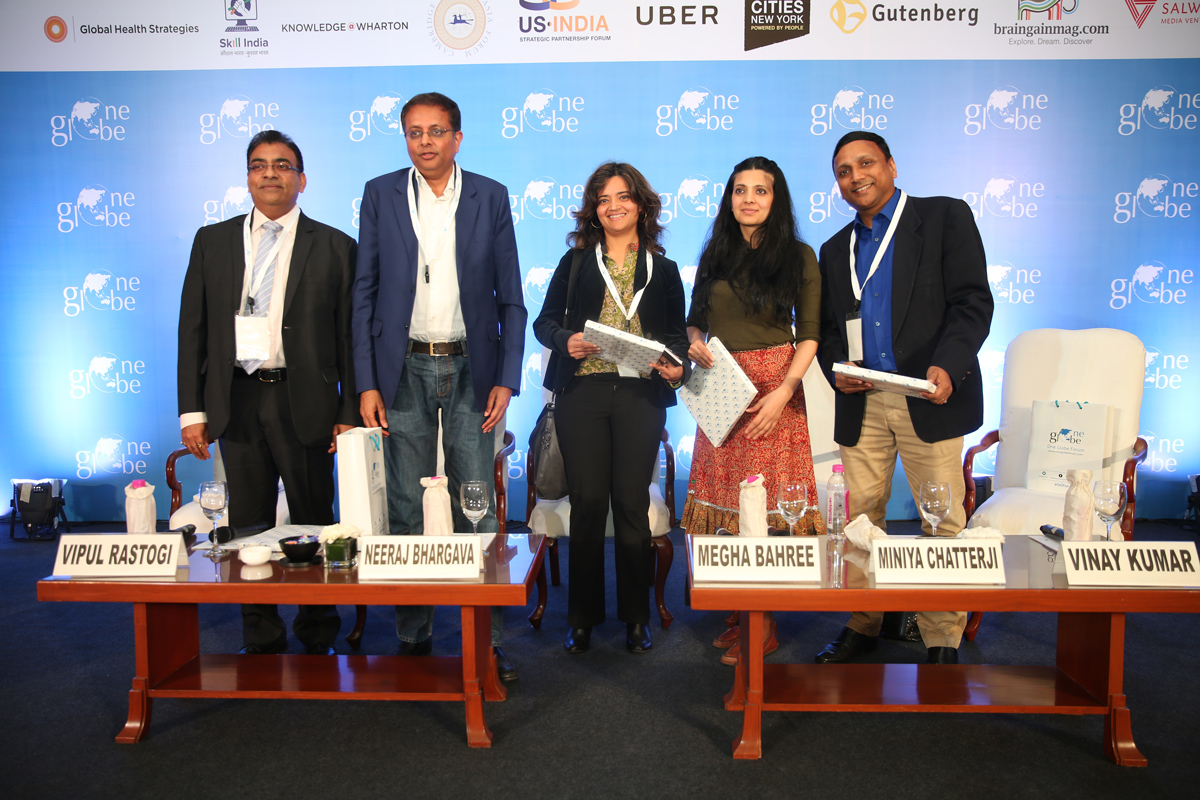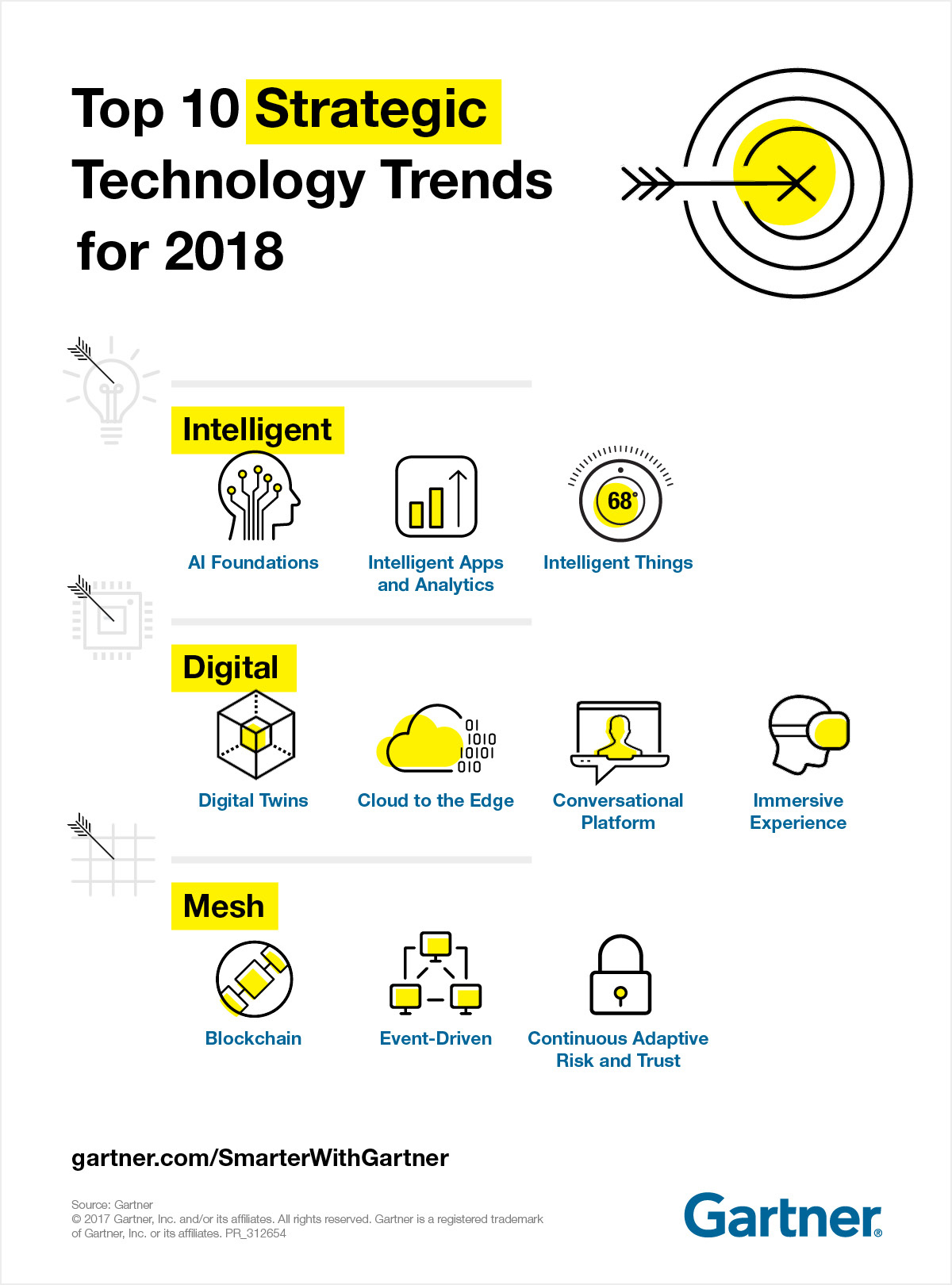Entrepreneurship in the era of AI, Big Data, Blockchain and Autonomous Vehicles
Posted by Admin on September 25, 2018By: Uttara Choudhury

The 2018 edition of the One Globe Forum brought together top-level experts to identify the new technologies which are fuelling entrepreneurship. Megha Bahree, Contributing Writer, for Forbes magazine, moderated a panel titled “Entrepreneurship in the Era of AI, Big Data, Blockchain and Autonomous Vehicles,” and kicked off the discussion by framing the challenges and opportunities. “The advent of driverless cars, innovative applications of blockchain technology, crypto currencies, artificial intelligence (AI), bots, Big Data, and new business models across the spectrum offer tantalizing glimpses into the future,” said Ms Bahree. “But how do we prepare the workforce to be ready for the new economy,” she asked.
Building on this, panelist Miniya Chatterji, who is a well-known author, and sustainability expert, pointed out that a strong technical education system is an absolute imperative. “We need to acquire a hybrid set of skills, add on new competencies to match the way the economy and companies are evolving,” said Ms Chatterji, who has worn many hats, including managed two hedge funds of $200 million in assets under managementin Paris.
Technology giants like Microsoft and Google are developing an AI ecosystem in India by offering in-house training programs and launching AI based applications. “We work with a lot of companies in India for AI infusion and AI scenarios they are looking at incorporating or creating for their consumers,” said Vinay Kumar, Director AI, Azure and Search Partnerships, Microsoft.
Microsoft has partnered with the International Crop Research Institute for the Semi-Arid Tropics (ICRISAT) to bolster India’s farm sector. The company has built a suite of AI tools that tell farmers when to sow their crops by sending a text message to their mobile phones, along with alerting them to the vagaries of weather and pest attacks.
“Computing is changing dramatically. The computing model is shifting towards intelligent cloud and edge. By edge we mean people will not be interacting with one device but multiple devices. AI would be the layer that binds all these experiences and augments human capability with predictive computing power, insights and all the other things humans cannot do,” said Mr Kumar.

These new technologies also raise difficult questions about the broader impact of automation on jobs, skills, wages, and the nature of work itself. “My own sense is that we will see a structural change in employment. Jobs will be created in unusual industries and there will be structural change,” noted fellow panelist, Neeraj Bhargava, Founder and CEO of Zodius Capital Advisors.
Some were of the opinion that the net impact of new technologies on employment can be strongly positive. “For a young country like India there is no reason not to be positive about these technologies,” said Ms Chatterji, while stressing the importance of vocational training and avoiding problems of “muddled regulation.” She pointed out that Bitcoin plunged in February because of misleading reports after Finance Minister Arun Jaitley said India does not consider cryptocurrencies legal tender. Media reports threw bitcoin into a downward spiral by suggesting that India could ban trading in cryptocurrencies entirely. Later clarifications showed that the Indian government appeared to have been only announcing that it could add extra regulation to bitcoin. Indian policy makers have sometimes attempted to institute formal regulation for bitcoin, while at other times arguing that its use at the moment could be subject to a crackdown.
For policy makers and business leaders, these seismic shifts in emerging technology create considerable uncertainty, alongside the potential benefits. “There is going to be unprecedented change with innovative applications of blockchain technology, AI, Big Data, and driverless cars. Change capable of changing the status quo. Our policy makers must do their part to keep up with the steep learning curve. It’s all about getting your learning hat on,” said Vipul Rastogi, Director, Stanford Seed, Stanford University. Some of these innovations have already found their way into our wallets, smartphones, and financial systems. But that is only the beginning. Big technological change is coming that will define 2018 and change the world.








